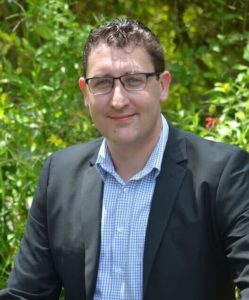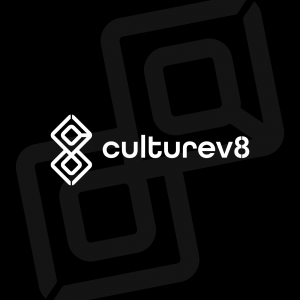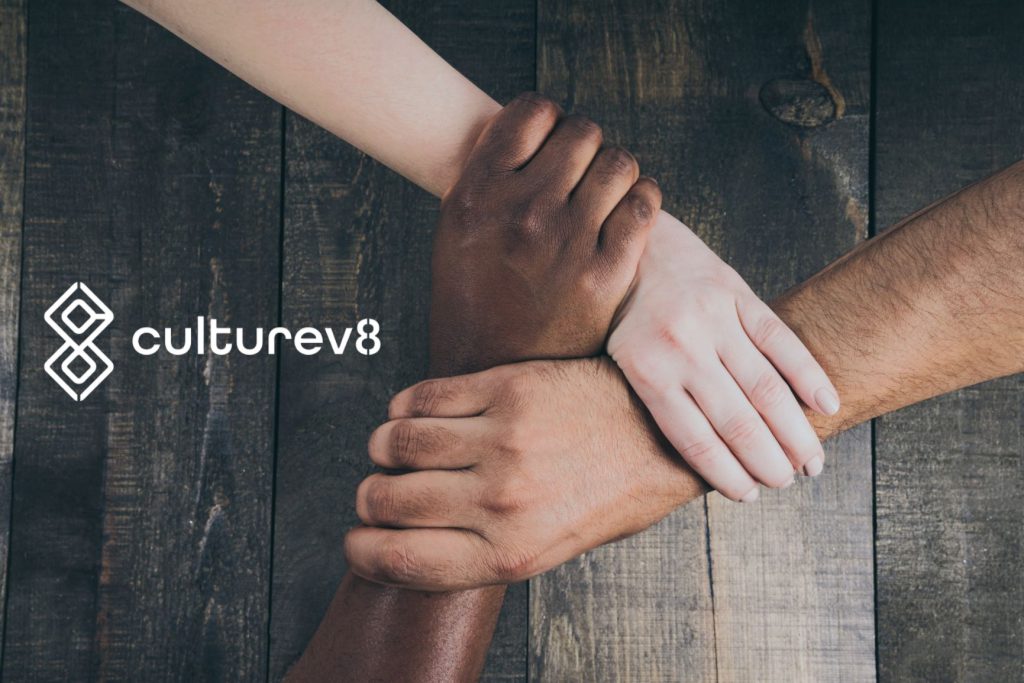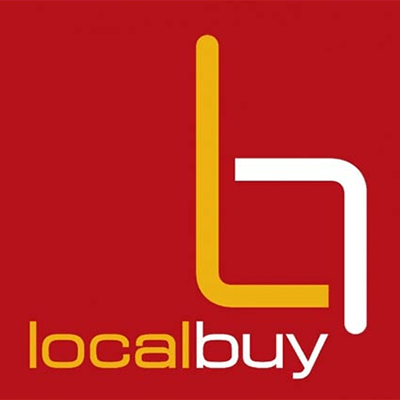Isn’t it amazing that in times of need, community can come together in a heart beat, and achieve extraordinary results? Yet so often, best made policy planning by Government will go awry, with lasting and unforeseen consequences. Why is this? Maybe because community know exactly what they need, and do what it takes to get there? All communities need is support and resources to do great things.
What is community led development?
Community led development is the practice of delivering on community vision by community. As the term suggests, the process is led and owned by community, but enhanced and supported by community service providers (including Government) and industry experts. The philosophy amplifies local voice, and utilises local strengths (as opposed to focusing on community weakness) as a foundation to achieving community vision. It is about achieving systematic change driven by community.
How can I help?
There is no doubt that industry experts from all walks of life, need to be part of any technical solution. Complex governance, regulatory and compliance frameworks are a reality (and are here to stay), mostly focused on preserving our well-being as community residents today, through to tomorrow. So, although engineers, lawyers, town planners, architects, quantity surveyors, accountants and other experts are needed to develop project budgets, obtain necessary regulatory approvals, ensure compliance, and design and construct infrastructure, the local community must lead and own this process of change; after all, they are the beneficiaries of it. This means that local knowledge and experience must be genuinely engaged with and not discounted, because no-one understands local conditions like the locals (and this has been proven so often to be the case through the emergence of local heroes during times of struggle). Local capability must be harnessed wherever possible.
Local context is everything
Industry experts are often experts in a select field or discipline (civil engineering, Native Title law, town planning, quantity surveying, demography, accounting etc). But, more often than not, they are not experts in regional, rural and remote community. In many instances, experts may win a tender from afar and arrive for the very first time in community, all bright-eyed and bushy-tailed, ready to start work. But ask yourself ‘is the expert’s involvement in the project purely transactional (eg. FIFO), or is their involvement a culmination of the expert’s long-term genuine engagement with, and investment in, community?’ Have they demonstrated that they understand the community they are working in? So often this is not even a criteria for tender, with pricing being the most determinant factor for award, then technical ability. At other times, an expert may be selected because it is easier from a procurement perspective (eg. on a preferred supplier list or qualifying for some other exception to quote/tender), over others possibly more suitable.
As professionals, every piece of advice we give must give due consideration to the local context in which it is given. Some considerations which have significant impact upon this in a regional, rural and remote setting may include:
- geographic / logistics
- cost of living
- sociological
- historical
- environmental
- spiritual/ religious
- Indigenous lore and custom
- legal / governance framework
- political
- community vision and aspiration
Seems common sense right? Wrong. Expert advice given without due consideration to these factors occurs more often than we would like to admit, and may result in crazy community outcomes, such as these gems I have personally observed:
- a local Council being lumped with extortionate electricity bills after an expert recommends positioning a sewerage treatment plant on top of a hill (requiring, quite literally, for S@!t to be pumped up hill 24/7), requiring the reallocation of much needed community funds away from community; or
- installation of an advanced sewer system (which requires dedicated power supply at each household and has many moving parts) into social housing in a small remote island-based community, resulting in the inability of residents to economically and regularly service the systems (no local service capacity), or pay the electricity bills (and guess who now pays the bills- the local Council who can least afford it); or
- experts not understanding local protocol, and concluding land use negotiations with the wrong Native Title traditional owners for use of land, significantly delaying a community project at the site (and guess who takes community backlash for it – the local Council).
Each demonstrate really good technical ability of the industry expert, but totally lack local application, rendering the solution less than ideal – and then Council elections come and elected members pay the price at the ballot box! Context is everything.
Listen, learn and enable community vision
As industry experts, if we want to embrace the community led development philosophy, we must look beyond our individual disciplines, and seek to understand the context and complexity of regional, rural and remote communities, and not seek to blindly apply textbook industry solutions to complex local problems. This is not to say that industry experts must be based in community. Rather, this involves curbing our egos and listening and learning intently to community, practicing genuine engagement with community (over the long-term), as opposed to transactional engagement (project-based). We must embrace community vision, community approach, and apply our unique skillset to enabling it the way it was imagined by community.
The culturev8 difference
culturev8 is a community-focused consulting firm. We offer professional services in law, business strategy and research aimed at enhancing community led development. We specialise in regional, rural and remote communities, supporting community service providers to navigate the complexity of community and to deliver on community vision. We have over 15 years experience working and living in remote Aboriginal and Torres Strait Islander communities of the Torres Strait, Cape York, Gulf of Carpentaria in Queensland, and the Northern Territory. We understand and care about the communities we live and work in, and never stop listening and learning from them.
Why not take a few minutes to look around our website whilst you are here? Also, if you liked our post, please share it 😉

Dr Chris McLaughlin, Founder and Practice Director – culturev8





